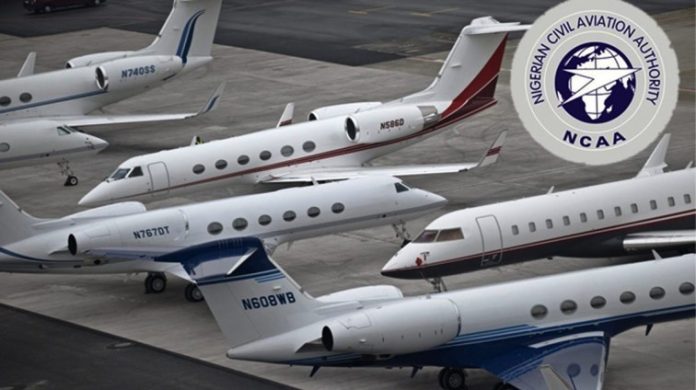Nigeria’s aviation sector is undergoing a sweeping transformation as the Nigeria Civil Aviation Authority (NCAA) moves to overhaul regulations across 92 airstrips nationwide. Effective January 1, 2026, airports and airstrips operating without valid permits will face strict sanctions, officials announced at the Airstrip Owners and Operators Stakeholders Engagement Programme in Lagos.
Director-General of the NCAA, Captain Chris Najomo, and Director of Aerodrome and Airspace Standards, Engr. Godwin Balang, emphasized that the new push for compliance is not a threat but a “collective resolve” to upgrade Nigeria’s aviation infrastructure and ensure safety.
“These airstrips are lifelines for rural communities,” Najomo said, stressing the urgent need to replace outdated, rigid standards with size-specific regulations tailored for smaller airstrips. Customized frameworks, due by early 2025, will prioritize emergency response systems, safety audits, and rural economic development.
Currently, only a fraction of the 92 identified airstrips—comprising 68 federally managed and 24 private facilities—hold valid permits, exposing gaps in oversight and infrastructure. Balang cited Section 71 of the Civil Aviation Act 2022, which empowers the NCAA to certify aerodromes and enforce minimum safety standards.
The summit in Lagos drew state governors, private operators, and international experts. Discussions highlighted challenges such as funding gaps, outdated infrastructure, poor firefighting capacity, and lighting deficiencies. While states like Niger praised airstrips as catalysts for trade, private investors called for tax incentives to encourage modernization.
The NCAA’s new strategy shifts from punitive measures to partnership, offering workshops, digital feedback channels, and monthly progress reviews. Audits of airstrips have already commenced, and the Authority warned that non-compliant facilities risk penalties or shutdown.
“We’re moving from enforcement to empowerment,” Najomo said. “For a century, we focused on planes and pilots—now, we rebuild the ground beneath them.”
Despite strong momentum, stakeholders such as Ondo State officials stressed the need for dedicated funding, while private operators urged regulatory flexibility to foster growth rather than stifle it.
As part of broader reforms, two international airports were recertified in late 2024, reinforcing Nigeria’s commitment to international best practices. The NCAA pledged full transparency via public dashboards to track progress, betting on collaboration to transform neglected airstrips into vital engines for healthcare, agriculture, tourism, and national prosperity.
“Collaboration is non-negotiable,” Balang concluded. “We must unlock the potential of every airstrip to drive Nigeria’s socio-economic development.”













